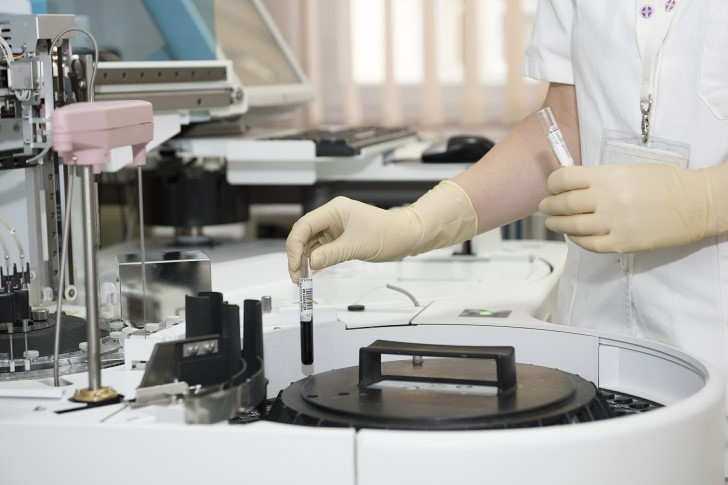

HIV is well-known for being an extremely complex virus that is hard to treat. To date, there is no-known cure. In fact there have been various attempts to find a cure that includes the gene-editing tool known as CRISPR which has not ended in a successful result. What is actually required is an antibody that is viable enough to immobilize and bind this virus and it seems that US-based NIH (National Institutes of Health) may have discovered one.
An antibody is a product of a person’s immune system and is typically speaking, designed in such a way to fit into certain pathogens such as viruses. This results in pinning down the pathogen and then stopping them from replicating. In an immobilized state these viruses are then destroyed by the white blood cells.
An antibody can be compared to a “key” and each of these key’s matches up to a specific type of viral “lock” which are called antigens. HIV is one of those elusive and effective viruses which mean that even though the body produces antibodies in order to fight the virus they cannot lock the virus down.
A study conducted in the year 2009, discovered that the antibodies produced are not flexible enough in order to bend around the virus as well as not being able to attach onto all the required surfaces. This can be described as that the “key” known and the antibody are not able to fit into the “lock” known as the antigen.
In the journal of Immunity, international researchers have discovered that one antibody that has been isolated from an individual who is HIV positive can represent a major game-changer. When this antibody was used on various samples of HIV that is active it was able to completely neutralize the virus around 98% each time.
In addition, it was also able to pin down around 16 out of the 20 HIV strains which have been resistant to antibodies that are similar. This international team has gone on to conclude that this antibody has has in fact evolved to prevent the mechanisms that are common of resistance, this results in the type of antibody which achieves a near-pan and potent neutralization for HIV 1.
When isolated and then replicated, this results in a real chance that this significant antibody called the N6 can be used for treating individuals with HIV. When used in bigger quantities, this antibody can be used to decrease the quantities of this virus opposed to the use of anti-retroviral drugs which are commonly used all over the world. These drug types may be effective but have a few unfortunate effects on some. In addition, they need to be taken daily whereby the antibody treatment may mean only a couple of boosts are required each year.
Does this means that the solution has been found to treat HIV? Almost but actually not yet as N6 at this stage only works on active type HIV samples and does not decrease the viral reservoir in a person. So it is safe to say that it is not at this stage a step in the development for a cure. However, there are chances through various human trials that a vaccination against this dangerous virus can be developed.
sources: www.nhs.uk/Conditions/HIV/Pages/Treatmentpg.aspx, www.sciencedaily.com/releases/2009/04/090422151832.htm, www.nhs.uk/Conditions/HIV/Pages/Treatmentpg.aspx, www.cell.com/immunity/abstract/S1074-7613(16)30438-1, www.iflscience.com/health-and-medicine/rare-antibody-neutralize-98-hiv-strains/






